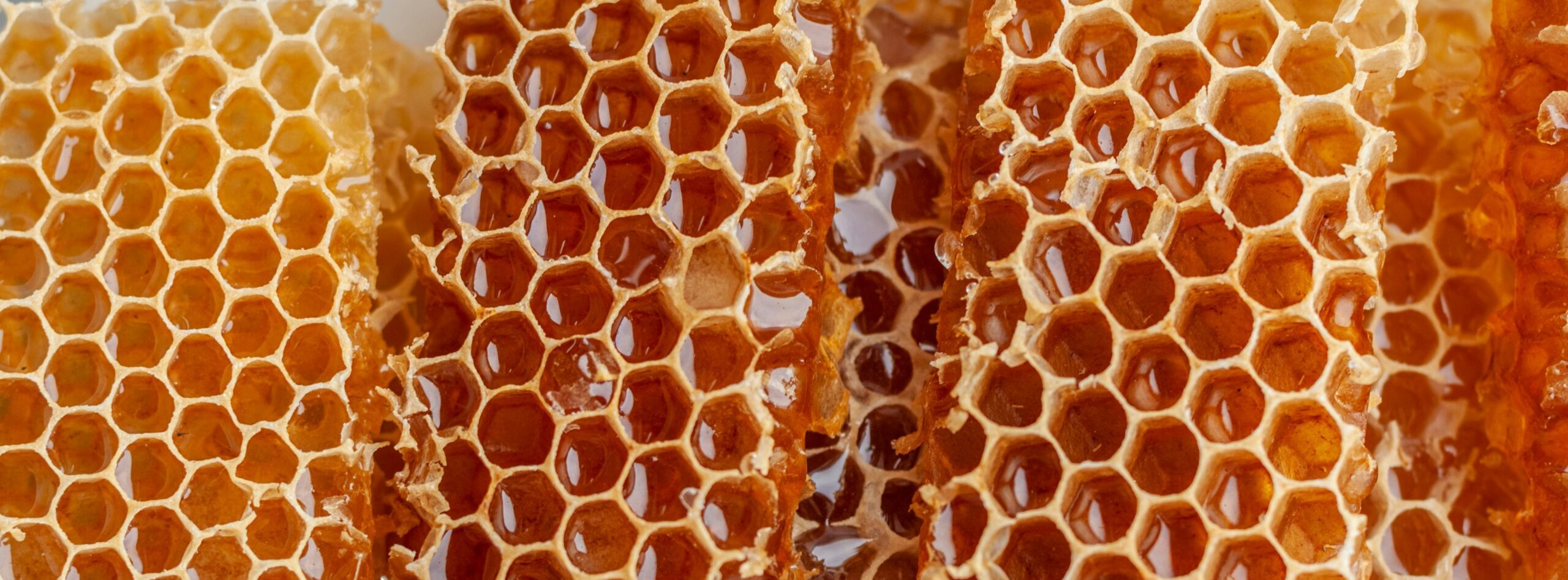10 Elul 5785/September 3, 2025
Rabbi Alan Cook
I enjoy word games. My daily routine includes about a half-dozen different word and letter puzzles, and I seek out other opportunities to play with words. I enjoy writing, and spend an inordinate amount of time dreaming up puns (often to the consternation of others). I’ve even considered trying my hand at being a cruciverbalist (a fancy name for one who creates crossword puzzles).
As a longtime aficionado of the New York Times daily crossword, I’ve always been fascinated by the way the puzzle constructors wrangle words into the grid in clever ways. But it is the clues that they devise to assist solvers that truly fascinate me.
For a cruciverbalist, clues are key: they need to have a variety of ways to refer to common grid-filling words such as “NAVE” or “OREO” or “EWOK” in a creative fashion. One of my favorite recent clues used “Has to hurt?” to elicit the answer “MUSTACHE.”
Perhaps in our interactions with one another, we could learn something from these crossword creators. As Plant and Page teach us, “you know sometimes words have two meanings.” When something is said that surprises or upsets us, perhaps we would do well to consider whether we heard them in the same way that the speaker intended. Let us speak kindly, and may any words which spark disagreement be offered in the spirit of a machloket l’shem shamayim.

